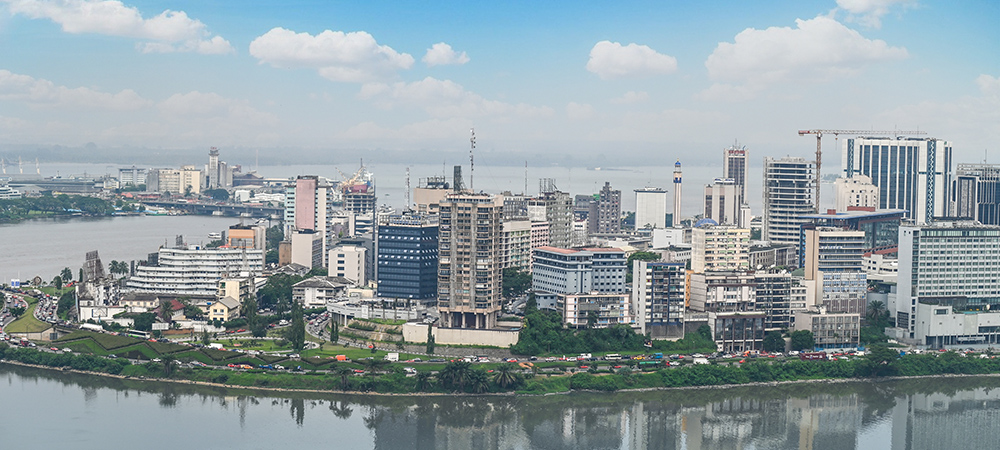Oumar Kante, a Marketing Strategist from Côte d’Ivoire, discusses how the democratisation of environmental data is a crucial issue for public health.
Poor air quality is one of the major causes of premature mortality worldwide. Unfortunately, Côte d’Ivoire is no exception to this statistic. Every year, around 300 deaths per 100,000 inhabitants in Côte d’Ivoire are caused by air pollution, compared with just 200 deaths per 100,000 caused by HIV, road accidents, tobacco, alcohol and COVID-19 combined. This alarming finding highlights the urgent need to take measures to improve air quality in the country.
The current situation in Côte d’Ivoire
A survey carried out at the Institut Pasteur and the Treichville University Hospital revealed that the available data is not totally reliable and represents only a point estimate. At present, no one can state with certainty that a given number of illnesses or deaths are directly caused by air pollution in Côte d’Ivoire. The main reason for this uncertainty is the almost total absence of data on air quality.
For example, the city of Abidjan has only one reference sensor capable of providing real-time information on air quality. In reality, around 60 are needed to create an effective network.
The authorities’ financial challenges
Government and ministerial authorities are aware of this situation, but are unable to react effectively due to budgetary constraints. The Chief of Staff of the Ministry of the Environment and Sustainable Development has urged the private sector to come to the government’s aid. A lack of financial resources hampers its ability to carry out proper air quality monitoring.
The data354 initiative
Faced with this problem, data354, for which I worked as project manager, launched the very first initiative to develop an open data platform to measure and disseminate air quality in Côte d’Ivoire. This ambitious project aims to fill the data gap and provide a solid basis for developing effective environmental policies.
My main task was to find partnerships and funding to bring this project to fruition – we were then able to mobilise the resources needed to develop and deploy our sensor network.
The democratisation of data
The democratisation of data is essential to enable transparent and participatory management of air quality. By making data accessible to the public, we can raise awareness of the dangers of air pollution and encourage concrete action to improve it. What’s more, open data enables researchers, businesses and decision-makers to work together more effectively to develop innovative solutions.
The data354 open data platform has already begun to produce promising results. The initial data provided has been shared with the authorities and researchers and has led to a better understanding of pollution levels in certain areas of Abidjan. The democratisation of environmental data is a crucial issue for public health and sustainable development. SMEs, with their agility and capacity for innovation, have an essential role to play in this process.




